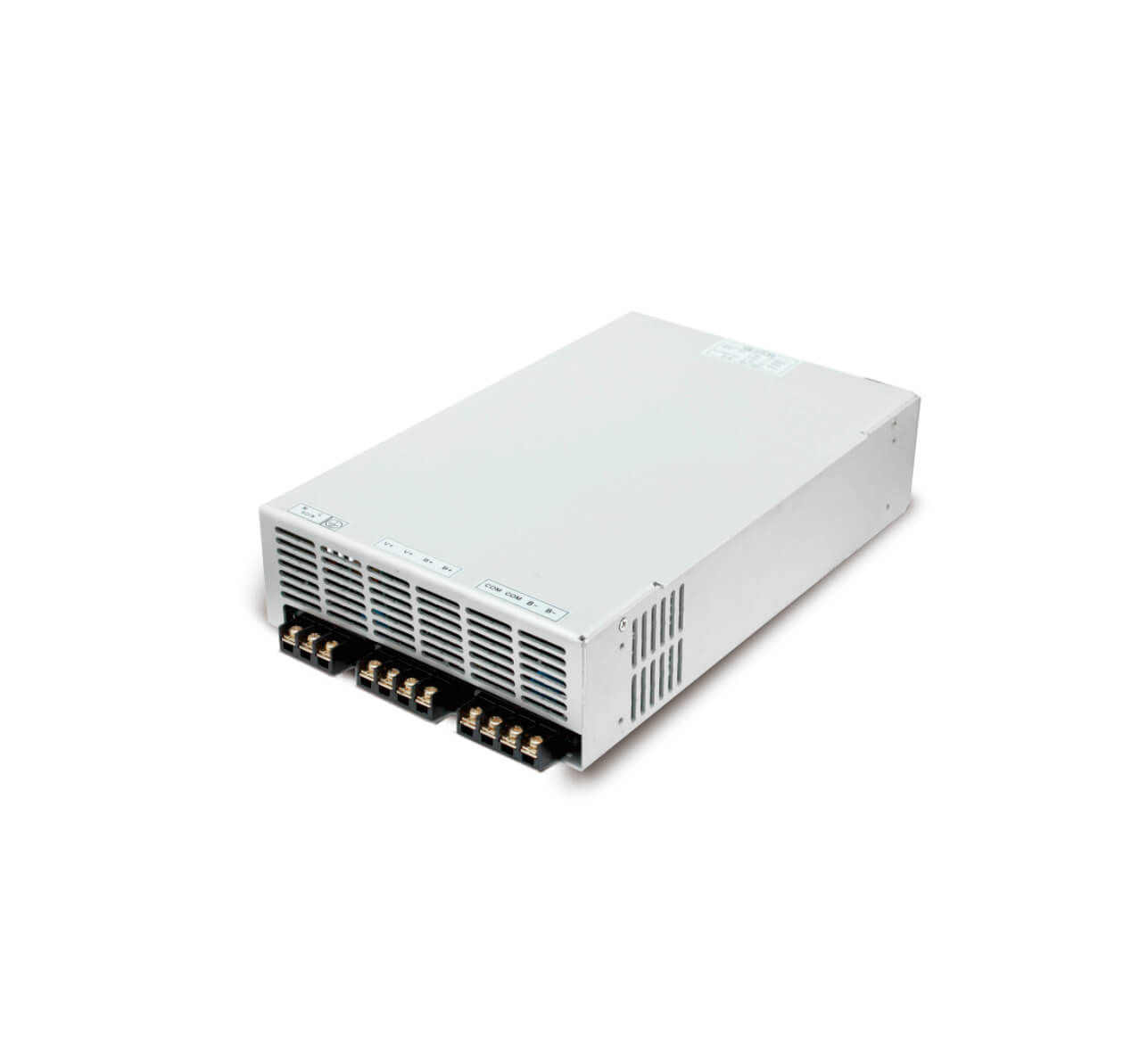How to Choose the Right Industrial Power Supply for Your Facility?
Selecting the appropriate industrial power supply is crucial for ensuring the reliability and efficiency of your facility's operations. An industrial power supply not only provides the necessary energy to machinery but also safeguards against potential failures that could disrupt production.
Understanding Power Requirements
Analyze Equipment Specifications
The first step in selecting a power supply is to thoroughly understand your equipment's power requirements. This includes assessing the operating voltage, current, and overall power consumption. Each piece of machinery will have specific electrical specifications that must be met to avoid inefficiencies or damage. Ensure that the power supply can consistently deliver the required voltage and current levels without overloading or underpowering the equipment.
Voltage and Current Ratings
The voltage and current ratings of the power supply must match those required by your equipment. A mismatch can lead to sub-optimal performance or even catastrophic failures. Additionally, consider the input voltage and frequency available at your facility, as these factors will influence your choice of power supply.
Compliance and Standards
Adhere to Safety Standards
Compliance with local and international safety standards is critical when selecting a power supply. Look for certifications such as UL, CE, and FCC, which indicate that the product meets safety and electromagnetic interference (EMI) regulations. Ensuring compliance not only protects your equipment but also enhances operational safety.
Environmental Considerations
Assess Operating Conditions
The environment in which the power supply will operate is another crucial factor. Industrial settings can vary significantly in terms of temperature, humidity, and exposure to dust or chemicals. Choose a power supply that can function effectively within the temperature range of your facility and has adequate cooling mechanisms to prevent overheating.
Efficiency and Performance
Prioritize Energy Efficiency
Energy efficiency is not just a matter of sustainability; it directly impacts your bottom line. High-efficiency power supplies reduce energy consumption and minimize heat generation, leading to a longer lifespan for both the power supply and connected equipment. Look for units with high energy efficiency ratings to enhance operational margins.
Protection Mechanisms
Built-in Safeguards
A reliable industrial power supply should come equipped with various protection mechanisms to safeguard against electrical issues:
Overvoltage Protection: Prevents damage from voltage spikes.
Overcurrent Protection: Guards against excessive current draw.
Short-Circuit Protection: Shuts off power during short-circuit events.
Thermal Protection: Monitors temperature to prevent overheating135.
These features are essential for maintaining operational integrity and preventing costly downtime.
Redundancy and Reliability
Consider Redundancy Options
In critical industrial applications, redundancy can be vital for ensuring continuous power delivery. Power supplies with redundancy options consist of multiple units that can automatically take over if one fails, thus preventing production delays and enhancing reliability.
Customization Needs
Tailor Solutions to Specific Applications
Depending on your specific requirements, you may need custom power supply solutions that accommodate multiple output voltages or specific configurations. Ensure that the selected power supply can be tailored to meet these unique demands without compromising performance.
Conclusion
Choosing the right industrial power supply involves a comprehensive evaluation of various factors including equipment specifications, compliance with standards, environmental conditions, efficiency ratings, protection mechanisms, redundancy options, and customization needs. Investing time in selecting an appropriate industrial power supply will not only protect your equipment but also enhance productivity and reduce operational costs in the long run. By carefully considering these aspects, you can ensure that your facility operates smoothly, efficiently, and safely.

